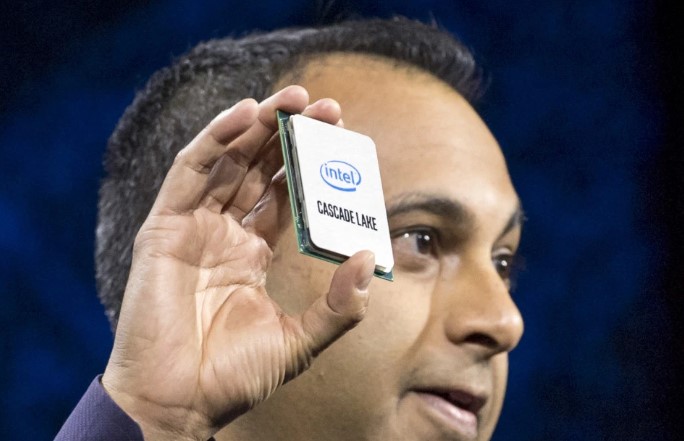
Time to reset your “days since last major chip vulnerability” counter back to zero.
Security researchers have found another flaw in Intel processors — this time it’s a new variant of the Zombieload attack they discovered earlier this year, but targeting Intel’s latest family of chips, Cascade Lake.
Intel calls the vulnerability Transactional Asynchronous Abort, or TAA. It’s similar to the microarchitectural data sampling vulnerabilities that were the focus of earlier chip-based side-channel attacks, but TAA applies only to newer chips.
The new variant of the Zombieload attack allows hackers with physical access to a device the ability to read occasionally sensitive data stored in the processor. The vulnerability is found in how the processor tries to predict the outcome of future commands. This technique, known as speculative execution, makes the processor run faster, but its flawed design makes it possible for attackers to extract potentially sensitive data.
Zombieload was discovered by the same researchers who found Meltdown and Spectre, a set of flaws that could be used to pick out secrets — like passwords — from the processor. It was believed later chip architectures, like Cascade Lake, were toughened against speculative execution attacks, while Intel rolled out software patches to reduce the attack surface.
Neither of the other vulnerabilities in the same family as Zombieload — notably Fallout and RIDL — work on Cascade Lake, they added.
But the researchers said that Intel’s efforts to change the chip design in Cascade Lake are “not sufficient” to protect against these kinds of side-channel attacks.
The same researchers warned Intel about the vulnerability in April — as it did with the other flaws they discovered that were patched a month later. Intel took until this month to investigate, the researchers said.
Intel released patches again for its vulnerable chips on Tuesday, acknowledging that its newest chips are vulnerable to the newest Zombieload variant. But the chip making giant recognizes that the mitigations “may not completely prevent the inference of data through a side channel using these techniques.”
The chip maker said there have been “no reports” of real-world exploits of the vulnerabilities.
